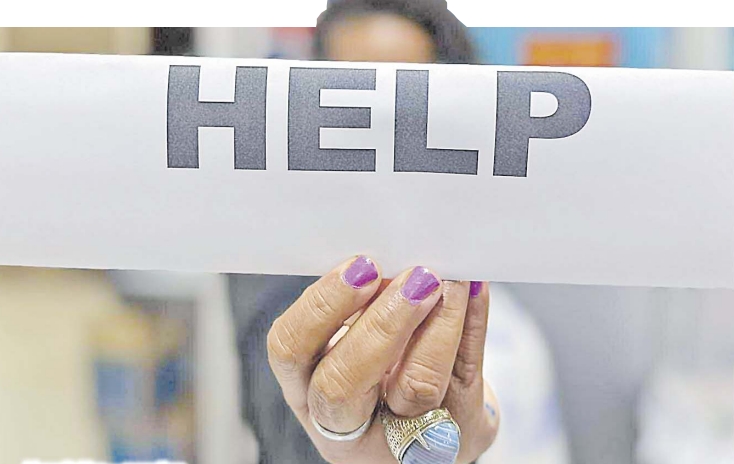Some iTaukei men who once rejected Fiji’s gender and gender-based violence (GBV) policies are now becoming unlikely allies in the fight against violence.
That’s one of the findings from a new doctoral study by Avelina Rokoduru. The study — “Masculinities and Gender-based Violence (GBV) in Fiji: The Perceptions of iTaukei (indigenous Fijian) Men”— examined the views of indigenous Fijian men on gender-based violence.
“Most of the male participants rejected gender and GBV as new knowledge … these are not part of iTaukei culture,” she wrote.
Through her interviews, she found a growing number of men who are beginning to “negotiate engagement” with gender-based violence, particularly those with professional roles or personal exposure to advocacy efforts.
She says these men did not embrace the current feminist policy frameworks wholesale. Instead, they used personal reflection and life experience to carve out their own understanding.
“They use personal research, knowledge and experience to negotiate engagement with GBV in private and public spaces,” she wrote.
She said some began as sceptics, hostile even to the idea of gender equality.
“I don’t like this word ‘gender’. I just close up when I hear that word. To me it’s a blame game,” one participant told her.
But others acknowledged the damage caused by silence, especially as women continue to die at the hands of partners.
“Violence is no longer normal … there is need to educate and change iTaukei mindset on masculinity, power and violence,” she said.
One iTaukei male GBV service provider told her: “We are a patriarchal society … along the way, we’ve lost or forgotten to keep men on the journey… now we’re struggling to go back to get them on the journey.”
These “negotiated” allies often operate quietly, she says, as teachers, pastors or civil servants, but they are challenging harmful norms from within their communities.
Ms Rokoduru argues their voices are essential for a better national response.
“Fiji’s national GBV response must go beyond the feminist approach and include culturally informed, male-inclusive strategies,” she said.
She is now calling for further research into social constructions of iTaukei masculinities and urges more investment in behavioral change models that reflect local realities.
“Masculinities — more than patriarchy — are the key to understanding and changing this violence,” she said.



